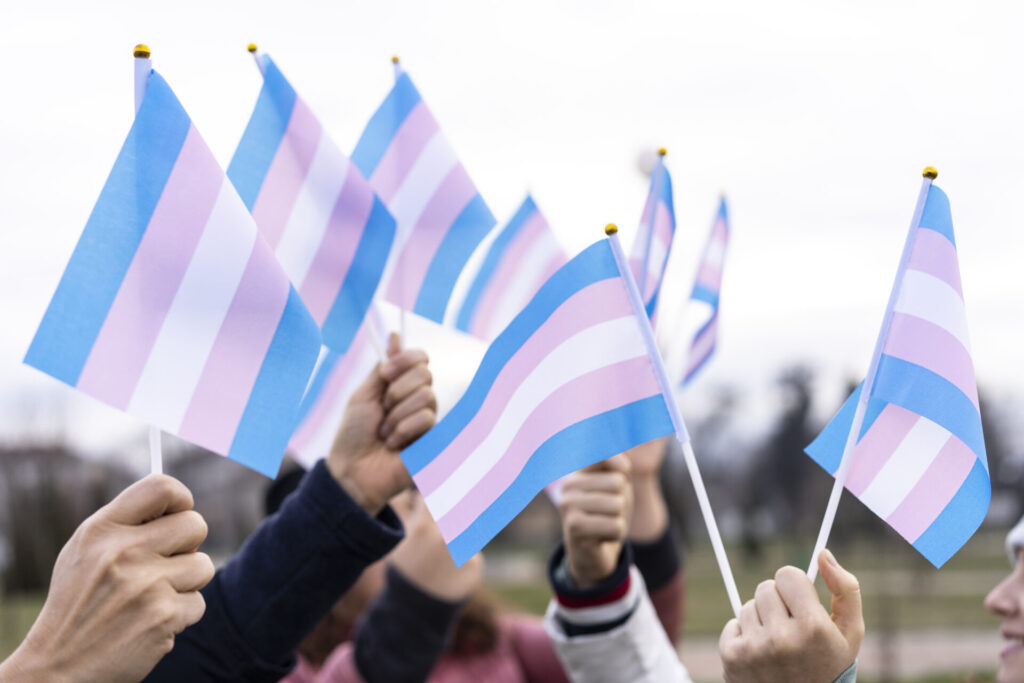- “Transgenderism” is a term appropriated by opponents of transgender equality to inaccurately and harmfully imply that being trans is a political ideology, rather than an authentic aspect of one’s personhood.
- Framing a person’s transgender identity as a “concept” or “ideology” reduces a core identity to an opinion that can be debated, and therefore justifies dehumanization, discrimination, and real-world violence against transgender, nonbinary, and gender nonconforming people.
- “Transgenderism” and similar terms like “gender ideology” have been weaponized since the mid-1990s by the international anti-gender movement and again in the 2010s with the rise of the UK-based trans-exclusionary radical feminism (TERFism) movement.
- In 2023, the use of “transgenderism” expanded in American right-wing circles following a speech by an anti-LGBTQ commentator at the 2023 Conservative Political Action Conference (CPAC), where he stated: “For the good of society … transgenderism must be eradicated from public life entirely.”
- In 2025, as part of its larger rollbacks on LGBTQ user safety, Meta updated its hate speech policy to employ the term “transgenderism.”
- Today, anti-LGBTQ politicians, media pundits, and other online accounts use “transgenderism” and similar, coded anti-trans language to undermine the rights of transgender people and protections for their safety. The term is also a tactic to evade some social media platforms’ hate speech and harassment policies as users claim it is opposition to a belief system, rather than targeting trans people themselves.
- The term’s academic and intra-community origins are explained here.
TERMS TO AVOID:
- “Transgenderism” – Trans identities are not a political ideology. They are core to one’s sense of self, in the same way as one’s age, race, and ethnicity.
- See also and avoid: “Gender Ideology,” “Trans Agenda,” and “Grooming.”













